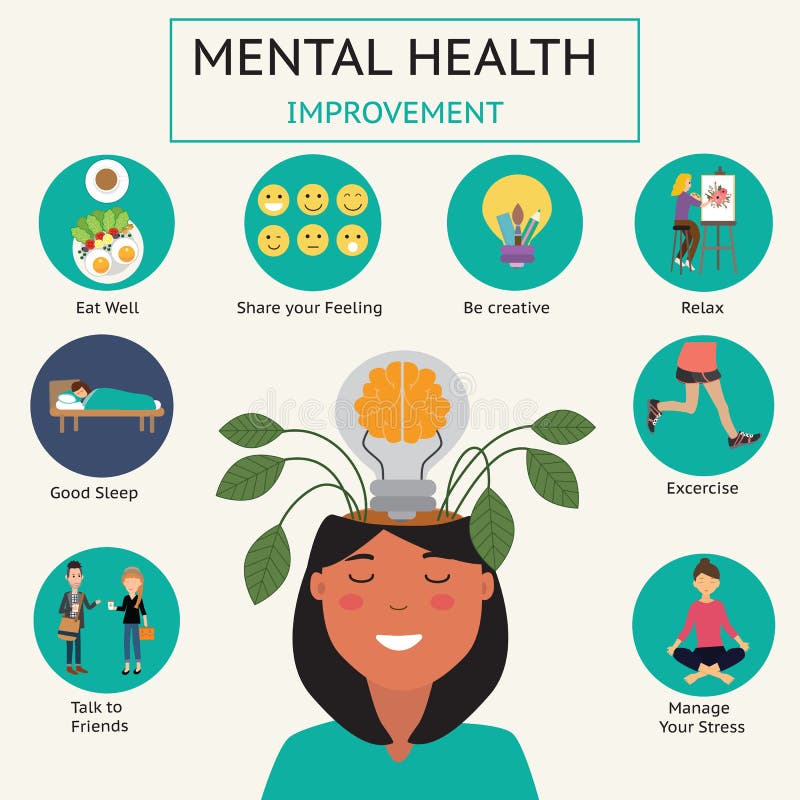
Improving mental health is a journey, and engaging openly with your therapist is crucial. Asking the right questions can shed light on growth areas and clarify your progress. As mental well-being often takes a backseat in today’s fast-paced world, prioritize communicating effectively with your caregiver to track your progress and align therapy with your needs.
This blog highlights essential questions to consider during therapy. Whether assessing therapy’s fit or integrating tools like KnownWell for personal development, these questions aim for a personalized, effective therapeutic experience. Navigating changes in treatment or evaluating your path? Knowing key areas to explore is vital.
By asking significant questions, you gain insights into your mental health and lay a foundation for lasting improvement. Join us to explore the practical side of therapy and discover tools to enrich your mental health journey.
10 Key Questions for Your Therapist
Starting therapy can be life-changing, but effective communication with your therapist is vital. Asking the right questions helps you make the most of your sessions. Here are ten essential questions to guide your conversations and keep your mental health goals on track.
- What will we focus on? Knowing the main issues sets a clear path for your therapy goals.
- How do you define success? A clear success definition helps gauge your progress and aligns therapy with your aims.
- What is the treatment process and duration? Understanding the timeline and strategies involved sets realistic expectations.
- Which techniques will you use? Knowing the methods in use can boost your confidence in the process.
- How do we track progress and adapt? This ensures your therapy is flexible and responsive to your changing needs.
- Should I prepare between sessions? Out-of-session work can enhance therapy by encouraging reflection and practice.
- Are there alternative treatments? Exploring other options can ensure a comprehensive approach to your mental wellness.
- Are your methods backed by research? Knowing your therapist uses evidence-based practices builds trust.
- What is your background? Understanding your therapist’s expertise reassures you of their capability.
- How do you handle confidentiality? Ensuring privacy is essential for a trusting therapy relationship.
These questions help lay a strong foundation for a productive therapeutic relationship focused on growth and change. Next, we’ll explore Evaluating Therapy Progress and Fit to ensure your therapy aligns with your mental health goals.
Evaluating Therapy Progress and Fit
Improving mental health depends on monitoring therapy progress and ensuring a good therapist-client match. Start with clear communication and adaptable strategies. Consider these key points to assess therapy effectiveness:
- Regular Progress Checks and Feedback: Regularly assess your mental health progress. Allocate time in sessions to reflect on your journey. This keeps therapy aligned with your evolving goals.
- Adapting Therapy Methods: As goals shift, your therapist’s approach should too. If your focus changes from anxiety to exploring deeper emotions, methods should adapt.
- Empowering Clients with Clear Goals: Successful therapies often involve collaborative goal setting. Clear objectives enhance motivation and empowerment, boosting mental health improvements.
- Adjusting Session Frequency: Modify session frequency based on progress. Some may require bi-weekly sessions during stable periods, while others benefit from weekly meetings during transitions.
- Addressing Unmet Expectations Openly: Address stagnation or unmet expectations early. Discuss concerns with your therapist and explore new approaches or resources to rejuvenate your sessions.
Evaluating therapy progress isn’t just optimizing sessions; it’s understanding the client-therapist dynamic. Discuss necessary changes promptly for a flexible path tailored to your mental health needs.
Next, we explore incorporating technology into therapy journeys. Consider how KnownWell can enhance your experience.
Incorporating KnownWell into Your Therapy Journey
Enhancing mental health often requires more than traditional therapy. Embracing technology like KnownWell, an AI journaling app, can be a valuable addition to your therapy experience. KnownWell personalizes support, making it a crucial partner in mental health care.
KnownWell uses AI for better emotional understanding and introspection. It helps identify mood and behavior patterns not easily noticed during therapy alone. Users receive personalized prompts for exploring emotions and thoughts, enriching therapy discussions and boosting emotional awareness.
The app excels in mood tracking and personalized insights, aiding in progress tracking. It analyzes emotional trends, helping therapists and users identify effective strategies, ensuring mental health care evolves with personal needs.
KnownWell prioritizes data security, aligning with therapy’s confidentiality practices. Its robust data handling ensures privacy, safeguarding sensitive information while promoting mental health improvement.
Integrating KnownWell into therapy bridges the gap between sessions, maintaining progress outside the therapist’s office. With AI, your therapy routine becomes holistic and personalized, enhancing progress tracking and therapeutic experience.
Next, we’ll address practical logistics to ensure therapy aligns with your needs, paving the way for seamless and impactful mental health improvement.
Making Therapy More Effective
Embarking on therapy is a beneficial step. Understanding logistical details can enhance this experience. Here are key aspects to consider for a smoother therapy journey, allowing you to prioritize your mental well-being.
- Session Costs and Insurance: Know the cost per session and explore options like sliding scale fees based on income. Check if your insurance covers mental health services. Using Health Savings Accounts (HSAs) may offer flexible payment solutions.
- Scheduling and Cancellation Policies: Flexibility matters. Understand your therapist’s cancellation policy and any related fees. Find therapists with flexible timing, such as evenings or weekends, to fit your schedule.
- Online vs. In-Person Therapy: Technology has opened up online therapy options, offering convenience from home. This is great for busy schedules or mobility issues but weigh it against the personal connection in face-to-face sessions.
- Cultural Sensitivity in Choosing Therapists: Selecting a culturally competent therapist is crucial. They should be mindful of your cultural, socioeconomic, and religious contexts, enriching your therapy experience.
Addressing these factors helps streamline your therapy process, allowing you to concentrate on enhancing your mental health.
Conclusion
Improving mental health may seem overwhelming, but asking the right questions can guide your journey. Thoughtfully engaging with your therapist helps you understand your mental well-being better and face challenges more effectively. Questions about therapy progress and the therapeutic relationship deepen your self-awareness and enhance the therapy experience.
Using tools like KnownWell helps customize your therapy to fit your needs. Clear goals and understanding therapy logistics make the process efficient and meaningful. These strategies ensure you actively engage in improving your mental health.
As you conclude, think about this: What question could start a transformative conversation in your next session? Let this curiosity drive your personal growth and pursuit of mental clarity. Your mental health journey is ongoing, fueled by open dialogue, reflection, and proactive steps.
About KnownWell
KnownWell is an intuitive AI journaling app featuring Felix, an intelligent companion designed to assist users in exploring and understanding their emotions through personalized prompts, insightful feedback, and mood tracking. Leveraging the foundational principles of positive psychology and cognitive behavioral therapy, KnownWell supports mental health and encourages personal growth.
By offering a unique blend of technology and psychology, KnownWell provides a one-of-a-kind journaling experience that matters to anyone seeking self-discovery and emotional clarity in today’s fast-paced world.
Take control of your mental well-being and start your journey with Felix today! Explore what KnownWell has to offer by visiting knownwell.io.
